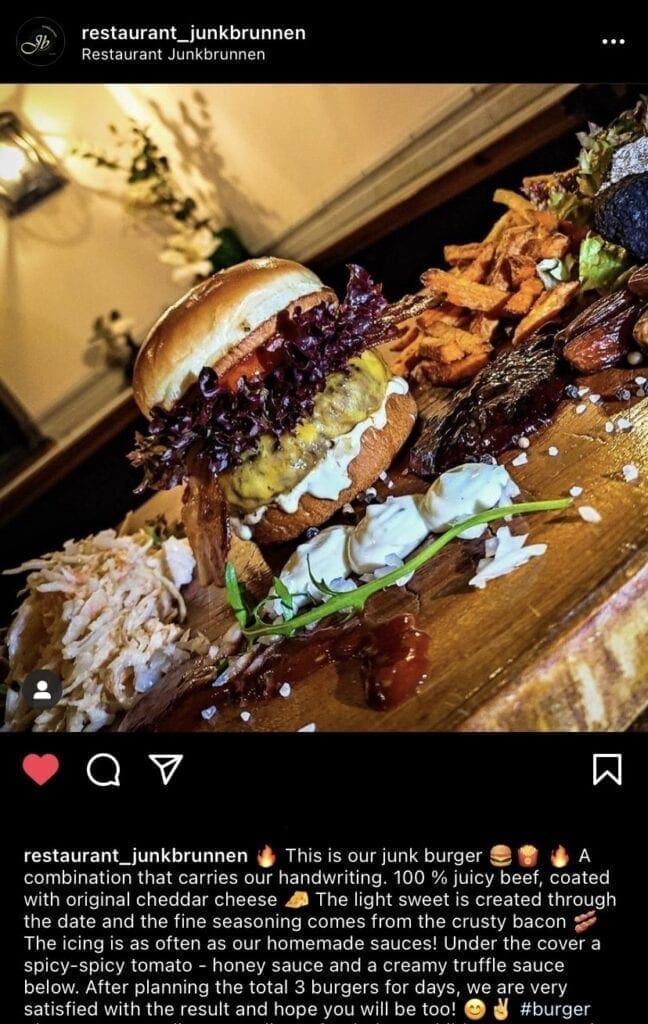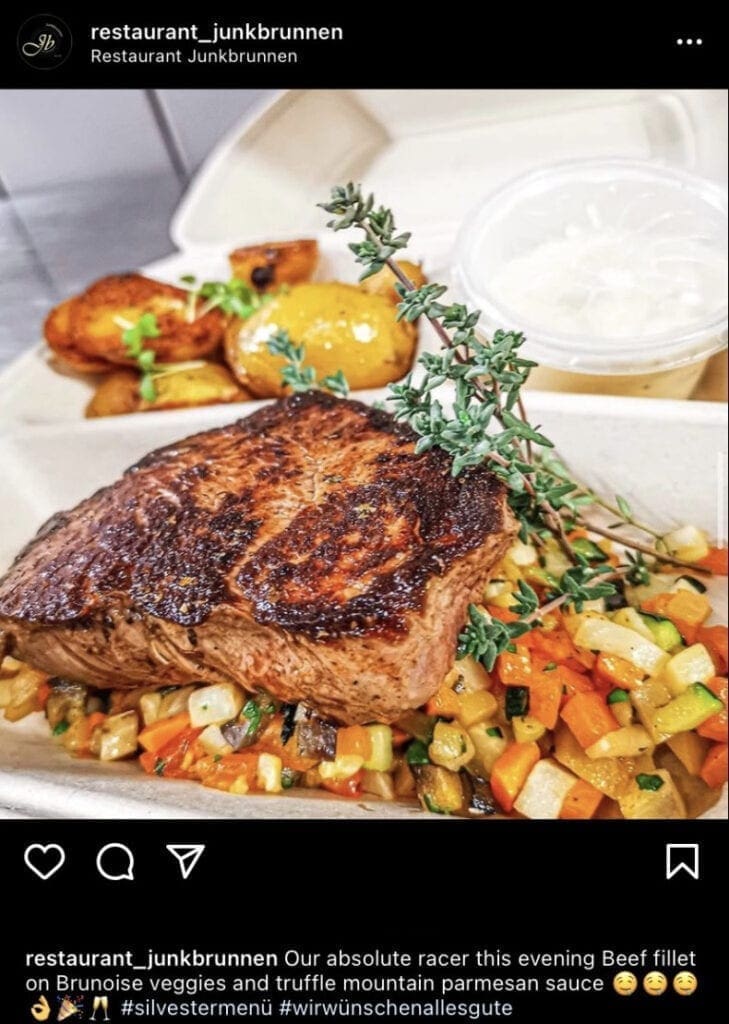Student Biography: My name is Liv Torner, and I am currently an exchange student and sophomore at The Linsly School. At Linsly, I am a part of the swim and track teams. I was born and raised in Langenfeld, Germany, and decided in 2019 to make a big step and to go to school in the United States. It was definitely one of the best decisions I have ever made. I really enjoyed my creative writing class with Mrs. Creely as this feature article was an assignment for the class. Because the whole world is still in a pandemic, I decided to write a feature article about two of my sister´s friends, who decided to open a restaurant in 2018 and give everything to keep their restaurant during this pandemic alive. I thought it would be interesting because there are some differences between Germany and the United States right now.
Solingen, Germany:
Keeping a restaurant alive is not always easy, especially during several lockdowns. And while this has proved to be true in the United States, it is also the case in many countries all over the world.
During the pandemic, small company owners in Germany had to fight to keep their businesses alive. A lot of restaurants or coffee shops had to give up during the pandemic, and for those that survived, still many people were too afraid to go into the public.
Two Young German Brothers Beat the Odds
For two young German brothers, Patrick and Pascal Koslowski, who took over the restaurant Junkbrunnen in 2018, the pandemic was a completely new challenge.
Junkbrunnen is a restaurant located in Solingen, Germany, that specializes in creative German and Mediterranean cuisine.
“If we wanted to have a pick-up restaurant, then we would have opened one,” said Patrick.
For example, some of their famous dishes include fresh ingredients and unique creations such as Beef fillet on Brunoise, veggies and truffle mountain parmesan sauce or fresh halibut in red beet horseradish sauce – not exactly what one might expect from a carry-out menu.

How it all Began
Before Patrick and Pascal took over the restaurant, they had a connection with Junkbrunnen for years. Patrick worked a part-time job as a waiter, and as he started going to college, Pascal did his education as a cook in Junkrunnen.
In 2018, Pascal then had the opportunity to take over the restaurant. To start a family business, Patrick quit his job, and together they opened their own restaurant.
Over the years, they learned more about how to be successful. And it worked.
In 2020, Patrick and Pascal participated in the German TV show “Mein Lokal, Dein Lokal,” which is a competition between four local owners, who are testing each other’s menus, rating them, and in the end, whoever has the most points wins. Even when Patrick and Pascal could not bring the title back home, being a part of the TV show was a success.
Recipe for Disaster: COVID-19 & Lockdowns
The pandemic was a completely new challenge for the young restaurant owners. Patrick and Pascal used the first weeks of the lockdown to renovate the restaurant.
“Because we had to close the restaurant completely, we used the first weeks wisely and renovated our restaurant,” said Patrick.
As restaurants were allowed to reopen, the two brothers researched on the Internet to find some good ideas to keep the restaurant running and to get new customers.
“Because we were only allowed to offer pick-up meals, we had to look up on the Internet to find some good ideas. Of course, we did not really know how to do it correctly and still be successful,” Patrick explained.
“We created a flyer and handed it out in the region.” Most of the people did not know that restaurants reopened for pick-up meals.
Unlike the United States, in Germany it is not common to go to a restaurant and carry out food. It is more customary to sit down in a restaurant to have a beautiful evening with family or friends.
But with this new strategy, it was possible for the restaurants that survived the first lockdown in Germany to earn money again.
“The flyer worked,” said Patrick.
In the beginning business for the two young brothers was weak, but after some time more and more customers came; they were not only regular customers, but also new customers came to get dinner and to support the local businesses.

Learning Something New and Lockdown Number Two
After surviving the first lockdown in the spring and summer of 2020, the restaurant was allowed to open again in October with the requirement that the correct safety conditions be met. This included more outdoor dining space, enough room between the tables for social distancing and face coverings, much like the requirements in the United States.
But it wasn’t long before the next lockdown came in November, and pick-up meals started again.
New on the pick-up menu were several different burgers, but also schnitzel and different kinds of vegetables.
“We learned a lot out of the first lockdown; for example, flyers were not that useful anymore. Everybody uses the Internet, so we did what everyone else does and started posting more on the Internet because who wants to have flyers when you can search for everything on the internet?”
To spend the free time wisely, Patrick and Pascal called several companies to ask if they would like to have bowls as lunch.
“Because we had so much more time at noon, we were thinking about what we could do to earn more money. So we called companies and made lunch for them.”
In addition, a new instagram page was created.
“ A lot of people are using Instagram. So we thought that we can get more customers through Instagram.”
And it was successful.
More people started tagging Junkbrunnen in their instagram stories. New customers came to see if it tastes like it looks.
Patrick said that he is very grateful that their restaurant survived the pandemic.
“I really hope that we can go back to our main business soon, and that is definitely making dinner for customers on plates and not in boxes.”


